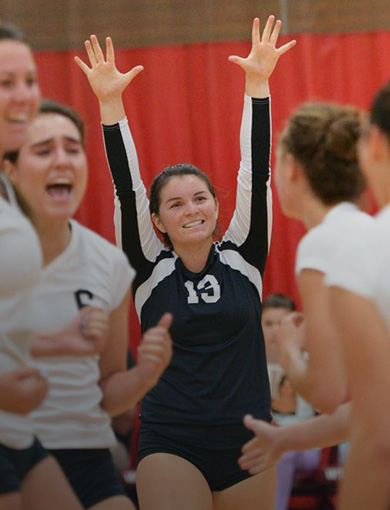Rotator Cuff Repair
The shoulder is a complex joint, with multiple bones, ligaments, tendons and muscles all working together to facilitate normal function and movement. The rotator cuff is a group of muscles and tendons that helps stabilize the joint, joining the upper arm (the humerus bone) with the shoulder blade (or scapula) to support a normal range of motion as well as lifting and other weight-bearing activities.
Rotator cuff tears are a common source of shoulder pain, affecting as many as 2 million people per year. Most commonly, injuries to the rotator cuff are caused by slip-and-fall accidents, sports accidents or other traumatic injuries, but they can also occur as a result of wear-and-tear on the tendons from repetitive movements or even age-related changes in the tendon fibers and the joint itself.
Rotator cuff tears can be partial or complete, and the extent of damage to the cuff will have a bearing on the type of treatment you’ll need and your recovery timeline, as well as the severity of your symptoms.
Rotator Cuff Repair: Conservative Treatment
The first step in treating a rotator cuff injury is to have your shoulder evaluated. During the exam, you’ll be asked about your symptoms and what triggers them. Passive and active movements will be used to evaluate your symptoms and isolate the underlying cause. X-rays or MRIs will be ordered to obtain detailed information about the shoulder joint and to rule out other possible causes of pain and decreased mobility.
As with most orthopedic and musculoskeletal injuries, conservative treatment is almost always the first-line therapy for rotator cuff repair. Physical therapy and at-home stretching exercises combined with pain medications and rest can be very effective in restoring normal function and reducing painful symptoms in men and women with small, partial rotator cuff tears. Injections of corticosteroid medications may also help by reducing inflammation around the joint.
When symptoms persist despite these approaches or in severe tears where a conservative approach is not recommended, surgery may be the best alternative. Surgery can also be a good option for people who use their shoulders for work or sports activities or when painful symptoms interfere with sleep or other daily activities despite medication and therapy.
Rotator Cuff Surgery
In most cases, rotator cuff repair can be performed on an outpatient basis using a minimally-invasive technique that relies on smaller incisions and a special instrument called an arthroscope. The arthroscope contains a tiny camera and a light. When inserted into the damaged area of the shoulder, the arthroscope captures and transmits video images back to a monitor, enabling the surgeon to view the joint and perform the surgery often without the need for a large incision. Like other types of minimally-invasive surgery, arthroscopy is associated with less tissue damage, faster recovery, and less post-op discomfort compared to open surgical techniques that use larger incisions.
During the surgical procedure, the surgeon will suture together the torn edges of the tendon, and bone spurs, loose fragments of tendon and other debris will be removed from the joint to eliminate irritation and impingement problems that could be restricting normal movement. In some cases, the surgeon may “shave down” an area of bone to smooth the joint surfaces. Complex tears may require an open surgical approach or a tendon graft.
Following surgery, physical therapy will help restore strength and function to the joint, and you’ll need to wear a sling for the first few weeks to stabilize and support the joint as it heals. Complete recovery can take from four to six months or longer for large or complex tears.
Learn more about rotator cuff injuries and repair.
Shoulder pain can be debilitating, and without proper medical care, it can become much worse over time. The first step in feeling better is to schedule a medical evaluation with one of the orthopedic surgeons at Orthopedic Associates of Northern California, a leading provider of orthopedic care in Chico and Paradise, CA. If you’re experiencing shoulder pain, stiffness or other symptoms, call our office at 530-897-4500 and schedule your evaluation today.





